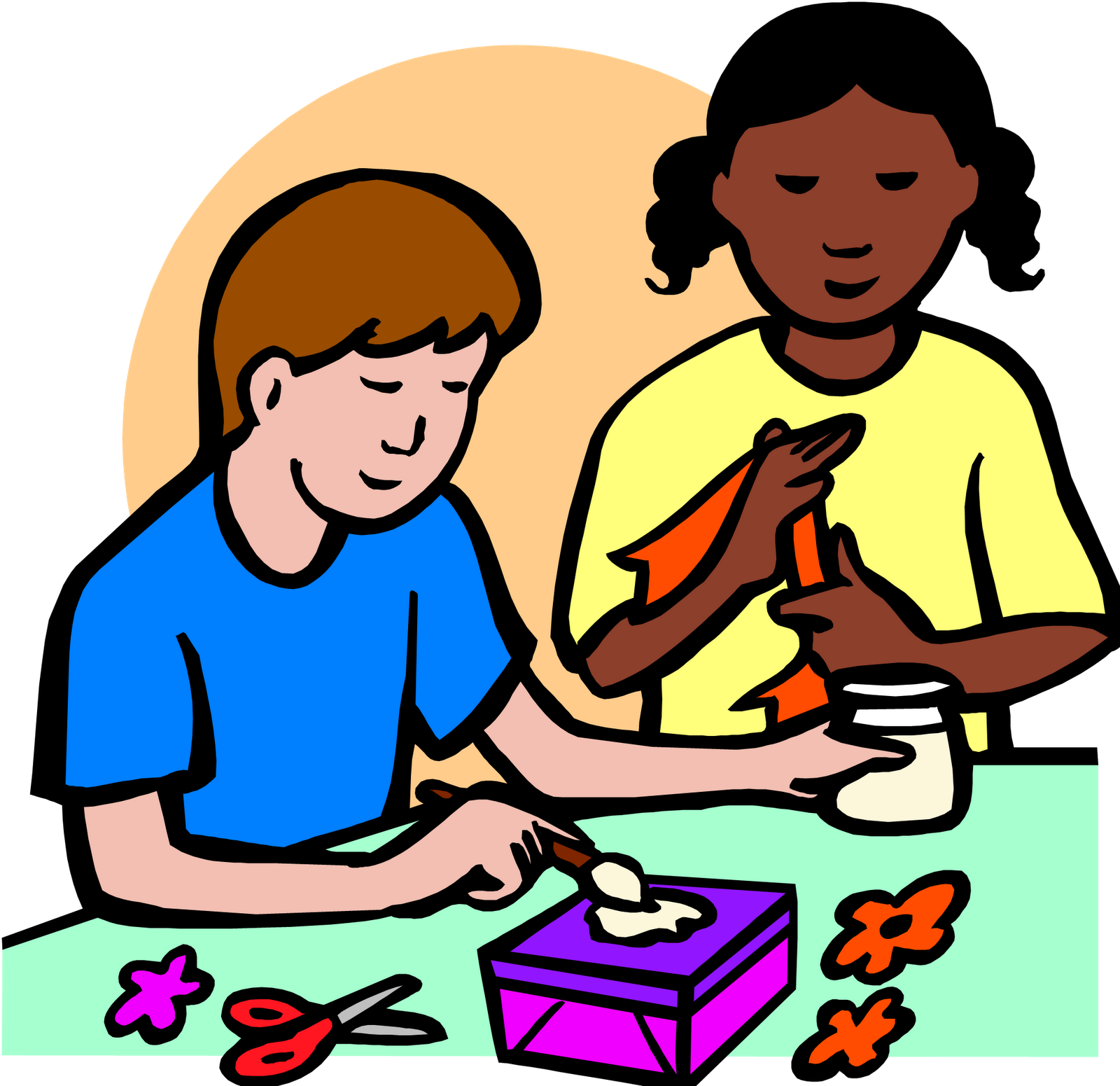Mastering the Spanish Word for Sports: Usage, Examples, and Practical Guidance
Introduction
Understanding how to communicate about sports in Spanish is essential for effective conversations, whether you are traveling, studying, or working in a Spanish-speaking context. The ability to use the correct word and related vocabulary can help you discuss your interests, participate in activities, or even navigate professional opportunities related to athletics. This article provides a comprehensive guide to saying ‘sports’ in Spanish, offers practical examples, and supplies actionable steps for incorporating sports-related terms into your daily Spanish communication.
How to Say ‘Sports’ in Spanish
The most common translation for sports in Spanish is “deportes” (pronounced: deh-POHR-tehs), which is the plural form used to refer to multiple or general sports activities. The singular form, “deporte” , refers to a single sport or the concept of sport in general [1] [2] [3] . For example:
- “I like sports” → “Me gustan los deportes.”
- “Soccer is my favorite sport.” → “El fútbol es mi deporte favorito.”
In professional or formal contexts, you may also encounter the adjective “deportivo” to describe something related to sports, such as “centro deportivo” (sports center) [4] .
Essential Sports Vocabulary in Spanish
Learning the word “deportes” is just the beginning. Spanish offers a rich vocabulary for discussing specific sports, sporting venues, equipment, and related actions. Here are some fundamental terms and their translations:
- El f̼tbol РSoccer (the most popular sport in many Spanish-speaking countries)
- El básquetbol or baloncesto – Basketball
- El b̩isbol РBaseball
- El tenis – Tennis
- El hockey – Hockey
- El boxeo – Boxing
Additionally, common phrases include:
- “¿Cuál es tu deporte favorito?” – What is your favorite sport?
- “¿Qué deportes practicas habitualmente?” – What sports do you play regularly?
- “Estoy jugando a voleibol en el estadio.” – I am playing volleyball in the stadium.
For a more extensive list of sports and usage examples, you can refer to Spanish language education platforms or reputable dictionaries [3] [2] .

Source: vectorstock.com
Practical Applications: Using ‘Deportes’ in Real-Life Situations
Knowing how to say and use “deportes” will help you engage in a wide range of scenarios, from casual conversations to professional interactions. Here are some real-life applications with steps for implementation:
1. Everyday Conversation
When meeting new people or participating in group activities, sports are a common topic. You can initiate or join conversations by asking about favorite sports, recent games, or local teams. Example:
- Step 1: Start with a greeting (“Hola, ¿cómo estás?”)
- Step 2: Ask about interests (“¿Te gustan los deportes?”)
- Step 3: Share your own preferences (“Me gusta el fútbol y el tenis.”)
Tip: Use “deportes” for general discussion or “deporte” when talking about a specific sport.
2. Academic and Professional Contexts
If you are involved in education or business, referring to sports programs, events, or facilities is common. For example, you may want to inquire about athletic scholarships, university teams, or sports management opportunities. Recommended steps:
- Step 1: Identify the institution or program of interest (e.g., a university with a “programa de deportes”)
- Step 2: Prepare questions using correct terminology (“¿Ofrecen becas deportivas?” – Do you offer sports scholarships?)
- Step 3: Follow up with contact or application forms, typically located on the official school or organization website
When searching online, use terms like “deportes universitarios” (college sports) or “eventos deportivos” (sports events) to find relevant information.
3. Travel and Leisure
Sports vocabulary is useful when traveling in Spanish-speaking countries, whether you want to watch a game, join a local match, or find a gym. Steps for practical use:
- Step 1: Learn how to ask for locations (“¿Dónde está el estadio?” – Where is the stadium?)
- Step 2: Ask about schedules (“¿Cuándo es el próximo partido de fútbol?”)
- Step 3: Inquire about joining or watching (“¿Puedo jugar con ustedes?” or “¿Dónde puedo comprar entradas para el partido?”)
Many gyms, stadiums, and community centers in Spanish-speaking regions list their contact information and activity schedules on their official websites. If you cannot find a verified link, consider searching the facility’s name along with “oficial” or “sitio web” for the most reliable results.
Challenges in Translating and Using ‘Sports’ in Spanish
While “deportes” is the standard translation, some nuances may arise depending on region, context, or specific sport. Examples include:

Source: ar.inspiredpencil.com
- Some sports may have different names in Spain versus Latin America (e.g., “baloncesto” in Spain, “básquetbol” in Latin America for basketball) [3] .
- Certain compound sports terms combine words, such as “fútbol americano” (American football) or “hockey sobre hielo” (ice hockey).
- Use of masculine and feminine forms for players and teams: “jugador/jugadora” (player), “equipo” (team).
Solution: When unsure, use the plural “deportes” for general reference, and consult reputable sources or local speakers for region-specific terms.
Alternative Approaches for Learning and Practicing Sports Vocabulary
Developing fluency with sports terms in Spanish involves more than memorization. Consider these strategies:
- Engage with Spanish-language sports media (TV, radio, podcasts) to hear terms in context.
- Participate in community sports groups or online forums to practice speaking and listening.
- Use language learning platforms that offer interactive vocabulary lessons and exercises [2] .
- Keep a personal vocabulary list and add new words as you encounter them in real-life situations.
If you need structured lessons, many language schools and online platforms offer courses specifically focused on sports vocabulary. When searching for these resources, use terms like “curso de español de deportes” for targeted results.
Summary and Key Takeaways
Learning how to say and use sports in Spanish opens up new opportunities for communication, travel, and professional development. The core translation is “deportes” (plural) and “deporte” (singular), with region-specific variations for certain sports. By incorporating practical examples, conversational phrases, and actionable strategies, you can confidently discuss sports in Spanish-speaking environments. If you need further resources, seek out official language learning sites or contact local educational institutions for guidance.



